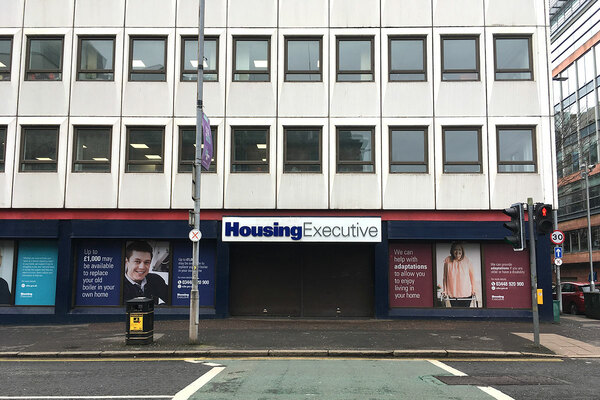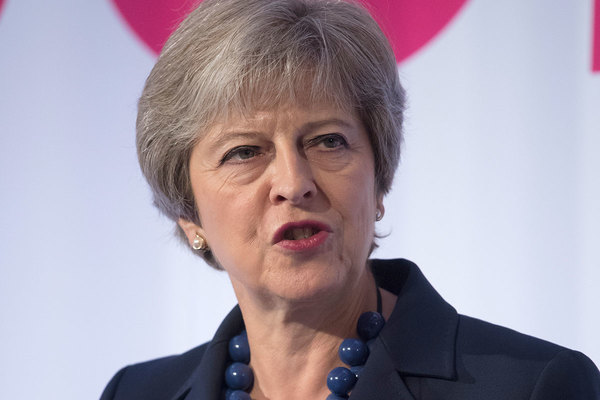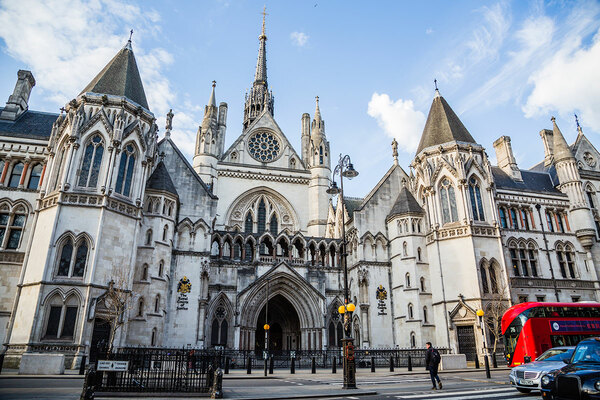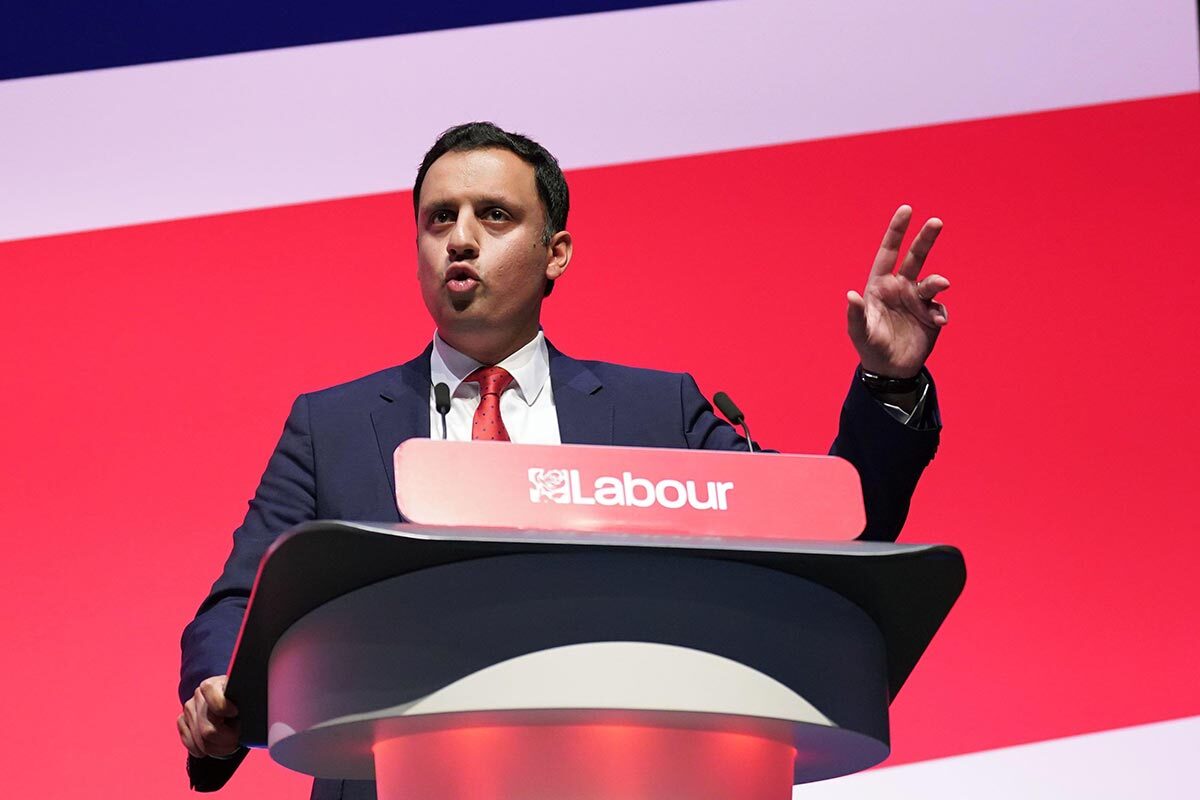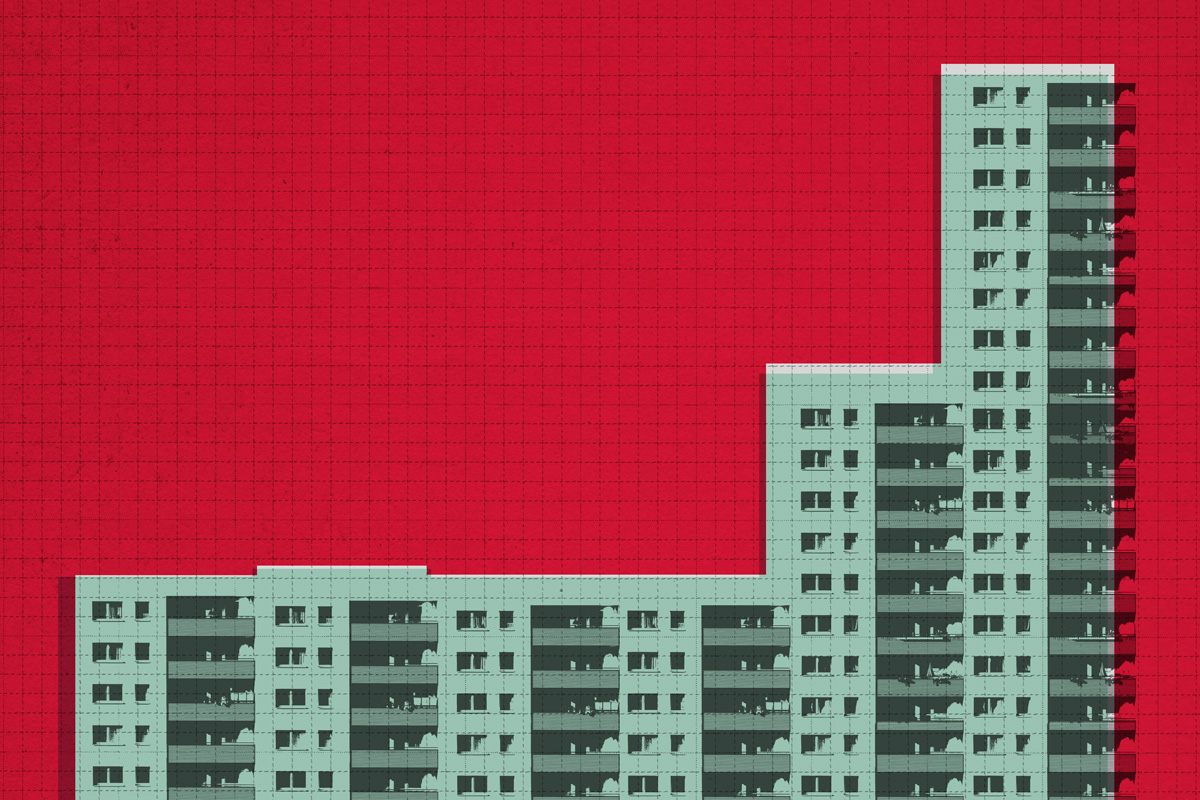Brexit and the social housing sector: the key risks
As the tortuous process of exiting the European Union approaches its denouement, the country remains in a state of uncertainty about what exactly is going to happen. Peter Apps recaps the key risks to the social housing sector
At the time of writing – with the situation prone to change quite quickly – the UK is set to leave the European Union on 22 May if Ms May’s deal can pass a vote in the House of Commons. If it cannot, it has until 12 April to make an alternative plan – which may involve anything from a long delay, to a second referendum, to an immediate ‘no-deal’ exit.
In the midst of this, Parliament is seeking a series of ‘indicative votes’ to test whether any Plan B option could win a majority, but this is being opposed by Number 10. Meanwhile, a third ‘meaningful vote’ is widely tipped to happen today (Tuesday) but had not been confirmed at the time of writing.
Here, Inside Housing presents a short briefing on why the risk of a no deal in particular has parts of the sector so worried:
1. A housing market crash
The UK appears to be operating a two-pace housing market at the moment, with deals continuing across most of the country but the market grinding almost to a halt in London.
This is affecting housing association developments for both outright market sale and shared ownership, which in return is reducing the viability of schemes dependent on this income.
The big stories in this area so far have been L&Q announcing a halving of its annual profit to £190m, with its sales performance £60m behind target. Meanwhile, it has emerged Notting Hill Genesis has some 400 unsold homes on its books, with other landlords describing a “massive slowdown” in transactions as people wait to see what happens.
If Ms May can’t get her deal through, then the best-case scenario is a long delay, which means a long period of uncertainty.
The good news in this respect is if the uncertainty lifts there is a chance that the pent-up demand will result in a bumper few months of sales. The bad news is that if Ms May can’t get her deal through, then the best-case scenario is a long delay, which means a long period of uncertainty.
The worst-case scenario is a no-deal exit triggering a full-on crash: mayor of London Sadiq Khan has warned that in this outcome some 9,000 homes will need to be converted to rent and the profit loss to associations covered by £5.2bn of government grant. There has been no confirmation from government that this, or anything like it, would be forthcoming.
If it isn’t, it remains to be seen how well housing associations would cope. But the safe bet is that development would be severely reduced, and coming at a time when private builders would almost certainly be turning the tap off as well that is a serious risk not just to the sector but the economy.
While associations based outside London are currently more sanguine about the current uncertainty, there is no guarantee that the problems in the London market would not spread outwards if there was a no-deal exit.
2. Shortages of materials
The UK has a £10bn trade deficit on construction materials. Some 60% of these materials are imported from the EU and this is just an average: 92% of our softwood timber comes from Europe. This doesn’t just hit new build; housing associations are reliant on imports for crucial repairs including many boiler and lift systems.
Rebecca Larkin, senior economist at the Construction Products Association, points out that the likely depreciation in the pound would raise the costs of these materials immediately. Just as worrying is the fear over delays in delivery as ports become clogged up.
Construction tends to work on the basis of ‘just-in-time’ delivery, and if the materials suddenly stop arriving, deadlines will be missed, time on site increases and costs will rise at the same time as a potential housing market downturn is reducing income.
Read more about Brexit
Brexit and the social housing sector: the key risks As the tortuous process of exiting the European Union approaches its denouement, the country remains in a state of uncertainty about what exactly is going to happen. Peter Apps recaps the key risks to the social housing sector
Downturn: why is L&Q cutting its surplus in half and what does it mean for the sector After L&Q revealed it is likely to cut its surplus by £158m this year, Peter Apps asks what this means for the financial model which has defined the housing association sector since 2010
What housing associations are doing to stress-test for Brexit With the UK’s departure from the EU looming, Luke Barratt looks at what housing associations have been doing to prepare
Regulator writes to housing associations with no-deal Brexit warning The regulator has issued a warning to housing associations over the threat of a no-deal Brexit, outlining key risk areas including shortages of crucial materials, a housing market crash and difficulties accessing ‘business-critical’ data
Sector draws up contingency plans for no-deal Brexit The country’s largest housing associations are putting in place contingency plans to protect the future of their organisations
How would the sector cope with a no-deal Brexit? As uncertainty around Brexit mounts and a no-deal looms, Inside Housing asks what it could mean for the housing sector
Current grant system won’t work in a falling market The government needs to think again about grant to prevent housing association development from collapsing in a falling market, writes Matthew Bailes.
S&P would downgrade half its rated housing associations after no-deal Brexit The credit ratings agency Standard & Poor’s (S&P) has said it will downgrade associations it rates if the UK leaves the European Union without a deal
Click here for all our Brexit news to date
3. Shortage of labour
The key risks here are said to be in the care sector and construction, where a combined 10% of the workforce come from the European Economic Area.
Again, though, this is magnified in London. The Home Builders Federation estimates that 19.7% of builders on residential building sites across the UK were from another country, rising to a whopping 56.3% in the capital. Of course, even the hardest Brexit contains no proposal to actively send these people home but many are temporary workers and may struggle to return if a tougher immigration policy was imposed.
Similarly in care, the 10% figure may mask a bigger problem: 19% are thought to be from another country and the rising demand resulting from the ageing population means some 3,000 a year more are needed.
The current immigration plan to focus on ‘skilled labourers’ earning more than £30,000 a year will cut out most of this workforce. The government is yet to commit to any exceptions for either category of worker.
4. The wider economy
Soaring inflation would have an impact on costs across the piece, and while this would be somewhat ameliorated by the power to raise rents at above inflation from 2020, the political, economic and social implications of doing so when housing benefits and wages may not keep up put a de facto cap on this ambition.
At the same time, if interest rates were to soar it would add to the amount housing associations have to repay on any variable rate debt.
The regulator estimates 70% of the sector’s debt is fixed for at least one year, but also warns a 2% increase in Libor (the rate at which banks lend to each other, and a benchmark for many sector loans) could theoretically increase the sector’s annual interest payments by £400m a year. At the same time, rising interest rates (the Bank of England has estimate 5.5% as the upper threshold possibility) would reduce the amount of people who could afford mortgages and potentially see homeowners without fixed-term products pushed to default.
Factory closures and unemployment, if the worst effects of a no-deal Brexit were to come to pass, may leave many more tenants subject to the harsh reality of Universal Credit – with the rise in rent arrears that usually follows.
5. Political upheaval
The sector has been lucky in the past three years to have had a relative ally in the form of Theresa May – who has made addressing the housing crisis a personal political priority and instituted a number of favourable policies for the sector: cancelling the rent cut from 2020, increasing grant for social housing and scrapping the borrowing cap.
With the mounting speculation that the price for a deal may be her resignation, whoever follows is highly likely to represent the Brexit arm of the Conservative Party, which typically lean to the right on housing policy. The long-term political consequences of Brexit are almost impossible to play out, but the sector must be mindful of the possibility that whoever follows Ms May into Number 10 will be far less positively minded towards them.
It is a mere four years since the sector was the subject of hostile policy making driven by the prime minister’s office and while the political climate could get better than it is now, it could also get a lot worse.
Copy of 1. A housing market crash
The UK appears to be operating a two-pace housing market at the moment, with deals continuing across most of the country but the market grinding almost to a halt in London.
This is affecting housing association developments for both outright market sale and shared ownership, which in return is reducing the viability of schemes dependent on this income.
The big stories in this area so far have been L&Q announcing a halving of its annual profit to £190m, with its sales performance £60m behind target. Meanwhile, it has emerged Notting Hill Genesis has some 400 unsold homes on its books, with other landlords describing a “massive slowdown” in transactions as people wait to see what happens.
If Ms May can’t get her deal through, then the best-case scenario is a long delay, which means a long period of uncertainty.
The good news in this respect is if the uncertainty lifts there is a chance that the pent-up demand will result in a bumper few months of sales. The bad news is that if Ms May can’t get her deal through, then the best-case scenario is a long delay, which means a long period of uncertainty.
The worst-case scenario is a no-deal exit triggering a full-on crash: mayor of London Sadiq Khan has warned that in this outcome some 9,000 homes will need to be converted to rent and the profit loss to associations covered by £5.2bn of government grant. There has been no confirmation from government that this, or anything like it, would be forthcoming.
If it isn’t, it remains to be seen how well housing associations would cope. But the safe bet is that development would be severely reduced, and coming at a time when private builders would almost certainly be turning the tap off as well that is a serious risk not just to the sector but the economy.
While associations based outside London are currently more sanguine about the current uncertainty, there is no guarantee that the problems in the London market would not spread outwards if there was a no-deal exit.

